|
‘Always vote for principle, though you may vote alone.’ (John Quincy Adams) I never had the privilege of meeting Soji Taguchi, but I do wish I had. Soji was a manager at a Japanese-owned textiles factory in the Philippines. Seeing how meagrely the Filipino workers were paid, he gave away a significant portion of his own salary each month to top up theirs. When a young Filipina was severely distressed one day and, in her upset, damaged an expensive piece of machinery, he paid for the repairs himself. Instead of chastising her he listened to her plight and, subsequently, regularly slipped money (secretly) into her pockets to help her, a poor teenager, to pay her bills. This woman’s life is now a clear reflection of his. The power of a positive role-model. Ted Winship was my mentor, a shopfloor supervisor at an industrial site in the UK. Once, the workers refused to enter an enclosure because the conditions in it were so terrible. The manager told Ted that, if he could persuade them to do the work, they would all be paid a substantial bonus. Ted took the manager at his word. He entered the compound first and the work was completed on time. At the end of the project, however, the manager refused to pay the bonus and only gave Ted his. It was a serious breach of trust. On hearing of this betrayal, Ted confronted the manager but to no avail. He distributed his own bonus to the workers, resigned from his job and walked out. Ethics in action. Self-sacrifice for the sake of others. The personal costs were high – but the spiritual benefits were immeasurable.
12 Comments
‘Tomorrow is the first blank page of a 365-page book. Write a good one.’ (Brad Paisley) It was my first time at a Greenbelt Festival in the UK and I remember wearing simple sandals made from recycled car tyres and a leather headband to keep my hair out of my face. I painted a cross on my forehead, carried a bamboo flute (which I couldn’t play) and walked with friends amidst the crowds towards the centre stage. Radical social activist, Jim Wallis, was the keynote and he spoke passionately about a place in the Bible where Jesus reveals who and what matters to him in this world. I felt spellbound. It resonated deeply with my own spiritual convictions – nothing to do with religious moralising and everything to do with a vision, an ethic, a possibility, a relationship. ‘I was hungry and you gave me something to eat, I was thirsty and you gave me something to drink, I was a stranger and you invited me in, I needed clothes and you clothed me, I was sick and you looked after me, I was in prison and you came to visit me.’ In this narrative, those to whom Jesus is speaking were puzzled and asked when they had done this. ‘Whatever you did for one of the least of these brothers and sisters of mine, you did for me.’ Jesus was sharing with astonishing clarity the lens through which he views our priorities and relationships. The way we treat others in need – the poor, the outsider, the sick, the oppressed – is the way that Jesus considers we reflect and treat him. Please God, as we enter this new year: shine your light of love, truth and hope through my life with ever-increasing brightness. ‘If I had only one hour to save the world, I would spend fifty-five minutes defining the problem, and only five minutes finding the solution.’ (Albert Einstein) Action Learning is a powerful way to explore an issue, formulate a solution and enable personal agency to act and influence change. It can also be used effectively to enable a group with shared interests or concerns to work on and address an issue together. The first step in this latter approach often entails helping a group to formulate its own question or hypothesis at the outset, a bit like when conducting action research, to establish appropriate focus and boundaries. As a facilitator, we can invite the group to reflect on criteria and wider considerations as it performs this initial task. Here are some examples: a. In relation to this issue, who are they key stakeholders in the system? b. Do we have the right people in the room to address this issue? c. Is it feasible to make useful progress on the issue in the time we have available? d. Are there any ethical, intersectional, reflexive or relational issues we should pay attention to in how we do this? Sometimes, I notice that one or more participants may have an intuitive awareness, a feeling or a hunch that something is, say, anxiety-provoking, challenging or stuck in their system, yet they may struggle to articulate it. In that case, I may invite them to, for instance, draw a picture, tell a story or enact a stance to help surface whatever issues lay beneath for them. Then, we continue the process (above) to reach clarity and agreement, as a group, before we move forward. ‘If you want to know what your true values are, have a look at your diary and your bank statement.’ (Selwyn Hughes) Take any example of an important-to-you decision that you have taken during this past week. Consciously or subconsciously, directly or indirectly, it will have reflected something of your underlying beliefs and values. At one level, every decision we take with awareness represents the outcome of a choice point, analogous to a choice of a direction at an intersection in a road. Guiding principles are a way of choosing to align our decisions and behaviour with our beliefs, ethics and values. I worked with a group recently where, during feedback, participants commented on how they felt impacted by what they saw and experienced as my ‘distinctive’ style and approach. They were curious and asked me what, if anything, lay behind this – that which they had experienced – for me. What is it that makes the difference? I held up a small, yellow, post-it note to the screen. On it are written 3 words in my own scrawled handwriting: Prayer, Presence, Participation. These are, if you like, the guiding principles that underpin me personally and all of my work professionally. I carry them with me and have them stuck on my desk, beside the monitor. I pause and focus on them consciously and deliberately before, say, writing a message, joining a conversation or running a workshop. They really do matter to me. Prayer is inviting and opening myself to God’s insight, wisdom and power. He is able to reveal, do and achieve things that are truly impossible for me alone. Presence is ensuring quality of attention and contact with each person or group that I will meet. It’s viewing and approaching each person, each moment, as a sacred encounter. Participation is an invitational spirit that calls for humility and courage. It means engaging with people, not simply technology or any materials that we may use. At the end of the conversation, I invited each person in the group to reflect for a moment – for as long as they needed – and to write down 3 words that, perhaps, they would choose to underpin their own practice. They did this thoughtfully, alone, then each shared with others in the group what they had written. This felt so much deeper and more meaningful than simple words on paper could capture or convey. It was about integrity, authenticity and congruence: choosing to take a stance. What core principles guide the focus and parameters of your decisions and behaviour? What stance are you willing to take? 'Now kings will rule and the poor will toil, and tear their hands as they tear the soil. But a day will come in this dawning age, when an honest man sees an honest wage.' (U2) The topic of ethics can sound and feel abstract, esoteric. Something confined to philosophy lectures. The mysterious realm of armchair academics. What does it look like in practice? Why has it become such a critical issue for organisations and societies now? Jasmin, a Filipina, is from the poorest of the poor. To her amazement, and as an answer to prayer, she finds herself with an opportunity to build a small kitchen. She looks for contractors to do the work. The first question she checks is whether the labourers are paid a fair wage. In a country and industry marred by corruption, exploitation is rife. The second is whether they will build with love, if they will pour their hearts as well as their construction skills into achieving a good result. This is so different to a purely commercial transaction. It’s about spirit, attitude – and trust. Against this backdrop, I find it helpful to think about ethics, at its simplest, as values with a moral dimension. For Jasmin, it’s about lifestyle, relationship and stance. Stance infers a choice. We are faced with a decision-point, a junction in a metaphorical road. Pragmatic wisdom would suggest a weighing up of costs against benefits. Ethics would ask who is affected and how? What would be ‘good’ and ‘right’? Why this, and why now? I look up and look around: corruption; media manipulation; climate change; environmental disaster; poverty; human rights abuse; war. How did we get here? I see the poor and vulnerable affected the most and the worst. Yet still, closer to home and within me: a temptation to put my own interests first; to close my eyes; to dull my heart; to deceive my mind; to choose the easier and expedient path. So, what does ethics look like? I ask Jasmin and her life speaks: ‘Pray, love and take a stance.’ Diversity: a problem to be solved...or an opportunity to be grasped? What do you think? 'Whatever affects one directly, affects all indirectly.' (Martin Luther King) DEI, EDI, DIE..acronyms, used interchangeably with a similar meaning. It’s the stuff of diversity, equality/equity and inclusion. If the very sight of those words makes you yawn with boredom or roll your eyes with frustration, DEI experts and advocates need to ask why. To see a glowing example of passion, creativity and inspiration in this arena, have a glance at Shine! The challenges that EDI sets out to tackle are important, complex and human. They affect very real, vulnerable and disenfranchised people in organisations and the wider world. Most DEI policies and plans I see represent implicitly: (a) a legal rights-based approach; that is, to offer protection against illegal discrimination, and ensure equality of access to opportunities and resources; and (b) a humanistic values-based approach; that is, to treat everyone respectfully as human beings, and appreciate the differences between people. Both offer a critical baseline for healthy conduct and behaviour in liberal-democratic societies. We could think of these approaches as, essentially, ideologically-based. They flow from a vision of organisations and societies in which, in particular, people and groups that are non-dominant and less-privileged are offered special protection and support so that they, alongside others, can enjoy free and fulfilling lives. They recognise a genuine risk in any group or society that less-powerful people will be and become marginalised by the cultural interests and priorities of the privileged majority. Against this backdrop, EDI initiatives often prioritise, first and foremost, legal and policy requirements as core foundations. An underlying challenge for these types of ideological approaches is how to gain and sustain traction if others, especially those in powerful positions, don’t share the same vision and values, or a desire to prioritise them. An unintended consequence of effective recent social-political lobbies such as LGBTQ+, BLM and Extinction Rebellion has been to create a silent-silenced group that, for reasons of expediency, presents a convincing, socially-presentable façade, yet with no real substance behind it or commitment to change. Climate activist Greta Thunberg calls this out as the cynical ‘Blah, blah, blah’ phenomenon. For the DEI venture to exert greater transformational influence and impact, I believe those who promote it need to become better at evaluating and demonstrating the tangible benefits of diversity: especially to the pragmatist-sceptics. It’s not enough to create and enforce laws and policies, important as they are for protection, equality and inclusion. It’s not enough to appeal for kinder, fairer and more tolerant organisations – although, as a follower of Jesus – I see such qualities as having intrinsic value. EDI's core proposition that 'diversity is a good thing' will prove far more persuasive if it can show convincingly why. I may have something useful to offer here. For many years, I have had the privilege of working internationally with leaders and professionals from diverse cultures and backgrounds. I often use a powerful, small-group, peer-coaching method called ‘Action Learning’. It enables people who face wicked problems to make better decisions, faster. Diversity in such a group is a critical success factor because it enables a person to unpack an issue, stress-test her or his assumptions and create innovative solutions – precisely because peers pose stretching questions from vastly different perspectives and experience-bases. One organisation I worked with had a strong commitment to DEI. It employed people from a wide range of countries and backgrounds and worked hard to ensure that everyone was treated in the same way. Ironically, its efforts had inadvertently blinded it to the value of difference. It missed completely the significant potential that such diversity can offer when running projects, dealing with challenging issues etc. I invited the leaders to engage in a simple experiment – to create problem-solving and innovation teams based on radical diversity as the key team criterion, irrespective of formal role. The results were truly astonishing. As EDI progresses, develops and learns, I believe that this kind of testing, evidencing and presenting of practical benefits, alongside issuing or enforcing an ethical call, will prove vital and fruitful. It will be an invaluable area for further research. I work with asylum-seekers and refugees who often feel depressed and frustrated by being characterised as helpless victims, rather than as resourceful contributors who want to show they can make a difference. Legal rights-based and humanitarian values-based approaches to DEI are a critical bedrock. A benefits-outcomes approach could ensure an additional life-giving dimension. ‘Your choice point is the space you're in right before you make a decision.’ (Martha Tesema) You are choosing to read this blog – you could have chosen to do something else instead. You are choosing to read it now – you could have chosen to read it at a different time. In fact, according to psychological choice theory, everything you do is a choice. You’re not always aware of it and it won’t always feel like it. The implications and consequences of choosing one course of action over another can sometimes be so different and so stark that it can feel to, to all intents and purposes, as if there is no choice. Yet you are still likely to choose the action that, for instance, aligns most closely with your values; or has the greatest perceived benefits; or has the least risks or detrimental effects. The implications of this theory are radical and extreme. If every action you take represents a choice, and if you can grow in awareness of the choices you are making at each moment, a vast array of possibilities opens up to you. As you approach any decision, it will be like reaching a road junction, with always at least 2 options available to you. You will no longer be trapped or driven entirely by circumstances. You can exercise greater freedom and personal agency. You can learn to navigate adaptively through choices, like tacking into the wind on a sailboat. You can become more creative and innovative. You can visit places, reach destinations, that you never dreamed imaginable. There is a flip side. If you really are free to choose, you’re also responsible for your every action. It could feel easier to tell yourself that you have no choice – especially since you can’t anticipate every potential ripple effect. It would relieve you of the burden of accountability. You could also feel quite overwhelmed by the dread of having to make choices at every moment in time, in every situation. It could feel like existentialist Jean-Paul Sartre’s nightmare, ‘condemned to be free’. You may try to alleviate the anxiety by telling yourself that you’re a product of your background, upbringing, culture or circumstances. Then you could stop over-thinking, over-analysing, and get on with your life. So, how to handle this paradox? How to create the liberating freedom of expanding one’s sense and reality of choice whilst also to acknowledge the ethical and practical responsibilities it carries with it? First: awareness. Here’s a simple exercise. Write down a paragraph of no more than 100 words that describes the last meeting you had with a colleague. Now, underline every word that represents a choice point in what happened. If you do this rigorously enough, you will be amazed at how much of the text is highlighted. Now the stretch, a thought experiment: jot down at least 2 different choices you could have made at each choice point. Try to be creative and courageous as you do this. Second: responsibility. To build on this exercise, jot down a list of key criteria that will help you to ensure focus, priorities and boundaries to your decisions and actions. Here are some examples: ‘make best use of my time; achieve my career goals; develop the team’s potential; improve quality of relationships; create best value for stakeholders’. These criteria reflect and represent your values. Finally, test the actual choices you made, and the hypothetical choices you could have made, against these criteria to take note of what you could have done differently, what you could do next time and what lines you will not cross. Now – it’s your choice: given what you know now, what will you do with it? (See also: Choose; Choice; Agents of Change) 'What is the true cost of a hoodie?' (Hannah Marriott) I hate it. She works in a textile factory in South East Asia, more commonly known as a sweat-shop, for £4.50 (US$ 6) per day. It’s long hours in sweltering conditions and arduous, back-breaking work. The little money she earns is barely enough to feed herself and her small children. If she, or they, get sick or injured, they're in deep trouble. With no discretionary income, she would need to borrow from a loan shark to pay for a doctor, medicine, or whatever else they may need. The extortionate fees and harsh interest rates make even the most rudimentary healthcare impossible, out of reach. The parent company, a well-known global brand, feels pressure from its customers to ensure that its clothing is produced ethically. Most consumers don’t wonder or ask how it’s possible we can buy a t-shirt in the UK for just £5 that was manufactured on the opposite side of the planet. Somebody, somewhere at the sharp end, is paying a heavy price. The company decides to visit the factory to carry out an inspection. On hearing this, the local HR manager calls all the employees, mostly women, together: ‘You will smile and tell them we pay you £10 per day and provide you with 3 healthy meals a day – or else.’ This half-whispered threat is far from idle. The women know that, if they were to blow the whistle, they would be dismissed as soon as the inspectors leave. That would plunge them and their families into even worse poverty, if that were possible, and there are plenty of other poor women outside willing to take their place. All the while, the local managers pocket the difference that the parent company intends for its workers. They wear smart clothes, live in nice houses and drive around in expensive cars. They know they can bribe any official to whom a desperate worker may dare to appeal. Money talks. Do we care? What can we do? Write to your MP (your political representative). Write to your favourite brand CEO. Check out: Clean Clothes Campaign; Business & Human Rights Resource Centre. ('The Asia Pacific region employed roughly 65 million garment workers in 2019, the most recent year for which data is available, according to the International Labour Organisation. 80% of garment workers globally are women.' Tara Donaldson, WWD) ‘What is it your plan to do with your one wild and precious life?’ (Mary Oliver) Íñigo López de Loyola suggests a fast-forward in your imagination to the end of your life, then to ask yourself seriously from that standpoint what you will want your life story to have been. Having decided it, rewind back to the present and ensure that your vision of the future guides your priorities, decisions and actions now. This idea resonates with Stephen Covey’s 'begin with the end in mind', and Simon Sinek’s 'start with why'. According to John Kotter, if our vision is convincing enough to the mind and compelling enough to the heart, we are most likely to see it through. Without such a vision, we may drift meaninglessly. I believe the best visions are rooted deeply in ethics and values and, in essence, a fulfilment of them. I have been incredibly inspired by Jasmin’s vision, a poor follower of Jesus who lives among the poor in the Philippines: ‘Whatever status or power you have, use it for those who are vulnerable; whatever money you have, use it for the poor; whatever strength you have, use it for the weak; whatever hope you have, use it to bring hope to those who live without hope. Speak up for justice and truth – whatever the cost. Pray.’ The challenge is not just in the aspiration itself but in her sheer determination to live it out in practice. She scares me. My own vision is shaped by a trust in God too. I slip and slide on route and have sustained and caused too many scars to prove it, yet Jesus still influences profoundly the purpose, focus, boundaries and possibilities of my life and my work. As I get older, I'm experiencing a subtle and gradual shift from what I want to do in the future, to what legacy I want to leave behind me. It doesn’t feel like a mid-life crisis. Echoing Richard Rohr, it feels more like a falling upward than a falling apart. I still want to make a significant, positive and tangible difference in the lives of the poor and most vulnerable people in the world. I – you – we can be hope. What’s your vision for 2022 and beyond? How will it influence your decisions now? ‘Carpe diem. Seize the day. Make your life extraordinary.’ (Dead Poet’s Society) I had total brake failure today – a near miss. I had bought a car at the weekend and the garage assured me it had been through all the standard safety checks. It turns out they hadn’t tightened a new brake pipe correctly. It almost cost me my life. Out-of-the-blue experiences like this can have a way of putting other people, relationships and things into perspective. What if I had died, or been seriously injured, or caused death or serious injury to someone else? Does my life matter enough that, to have lost it, would have been a significant-enough loss to the poor and most vulnerable? I read a biography of Lord Shaftesbury, an 19th century social reformer in the UK known as ‘the poor man’s earl’, who worked tirelessly on behalf of the poor and most vulnerable in Britain. He was a passionate follower of Jesus who selflessly and relentlessly devoted his life, resources and influence to make a tangible difference. I can think of numerous other similar examples since including Martin Luther King, Teresa of Calcutta and, in the here-and-now, Jasmin in the Philippines. At Lord Shaftesbury’s funeral, the streets were lined with literally thousands of the poor. By contrast, my own life is sometimes too shallow, too cautious or too self-serving. I can get too-easily distracted by people or things that, on the surface, I hope will make my own life easier or happier – yet invariably, over time, leave me feeling painfully empty inside. I get tempted to give out of my excess, out of what I tell myself I can afford after I have satisfied my own needs and wants first, rather than allowing faith to bite to the core. Perhaps today was a wake-up call, a near-death experience to be transformed by God into a more life-giving experience. I truly hope so. |
Nick WrightI'm a psychological coach, trainer and OD consultant. Curious to discover how can I help you? Get in touch! Like what you read? Simply enter your email address below to receive regular blog updates!
|
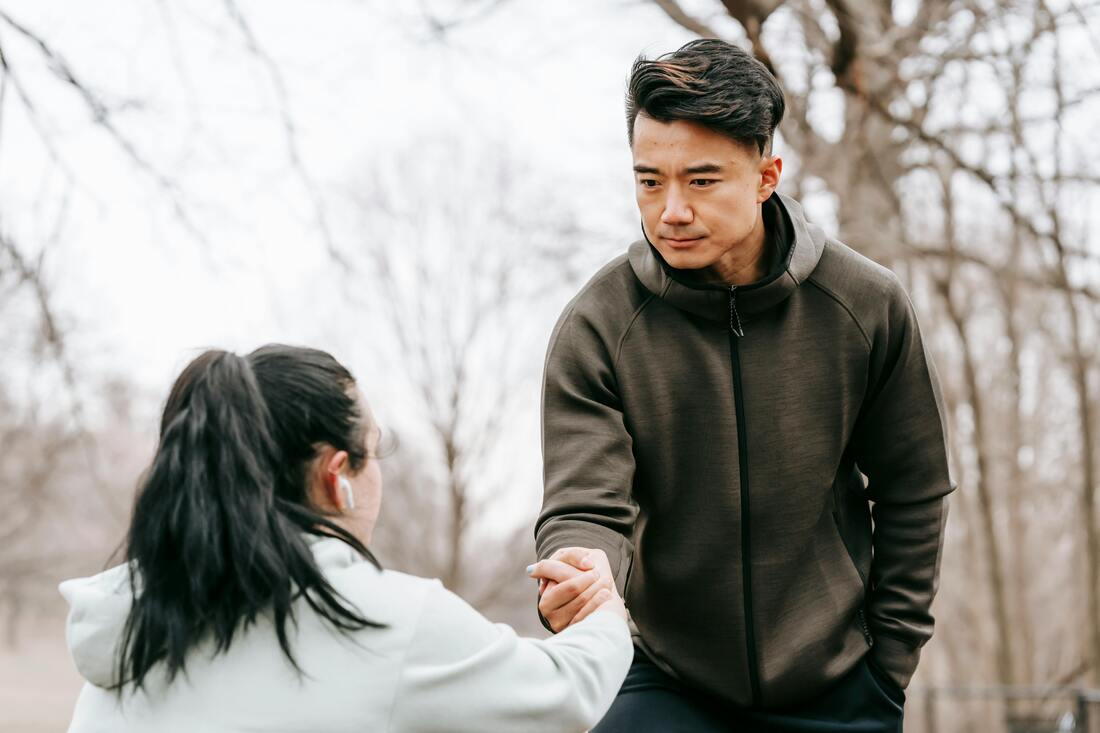
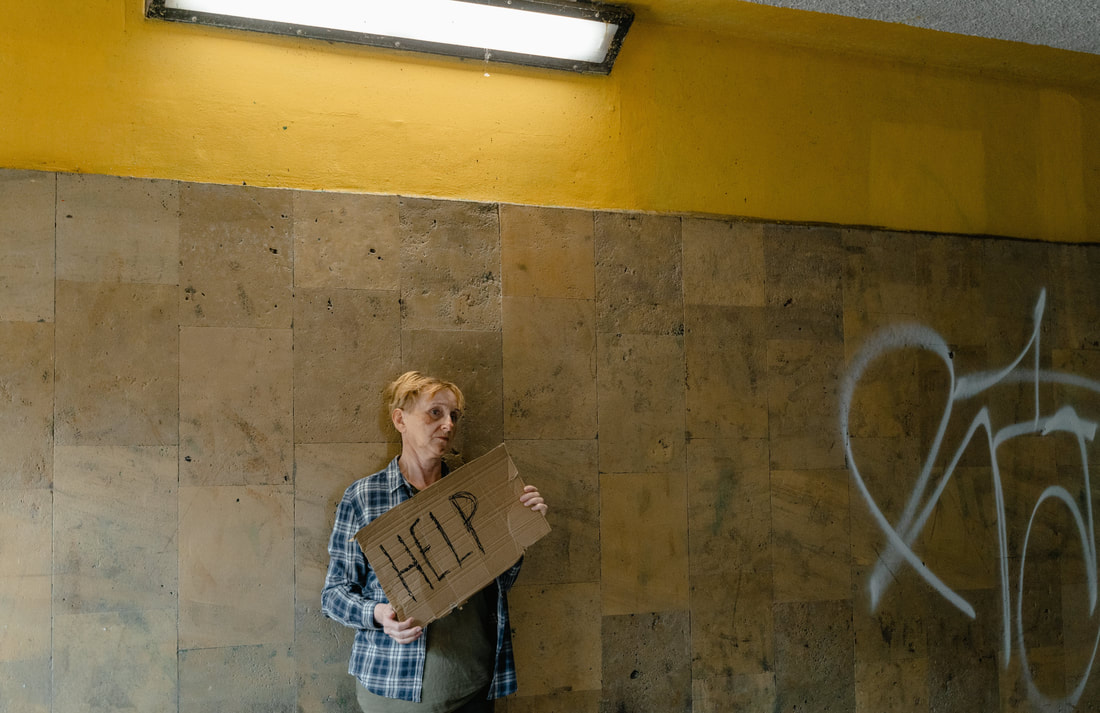
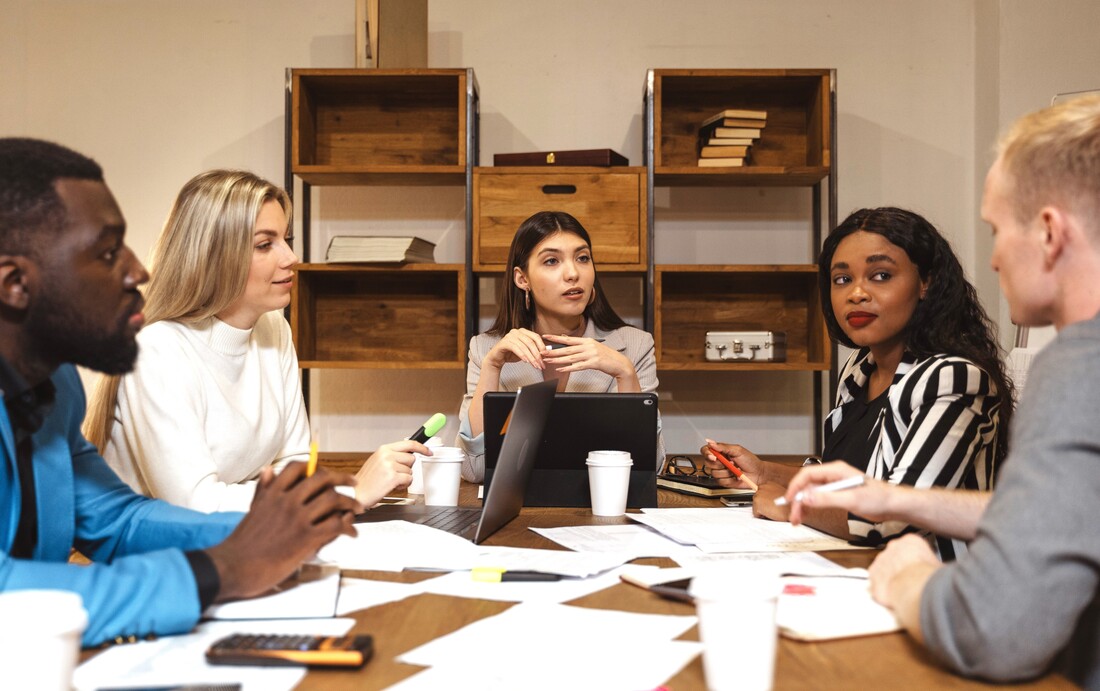
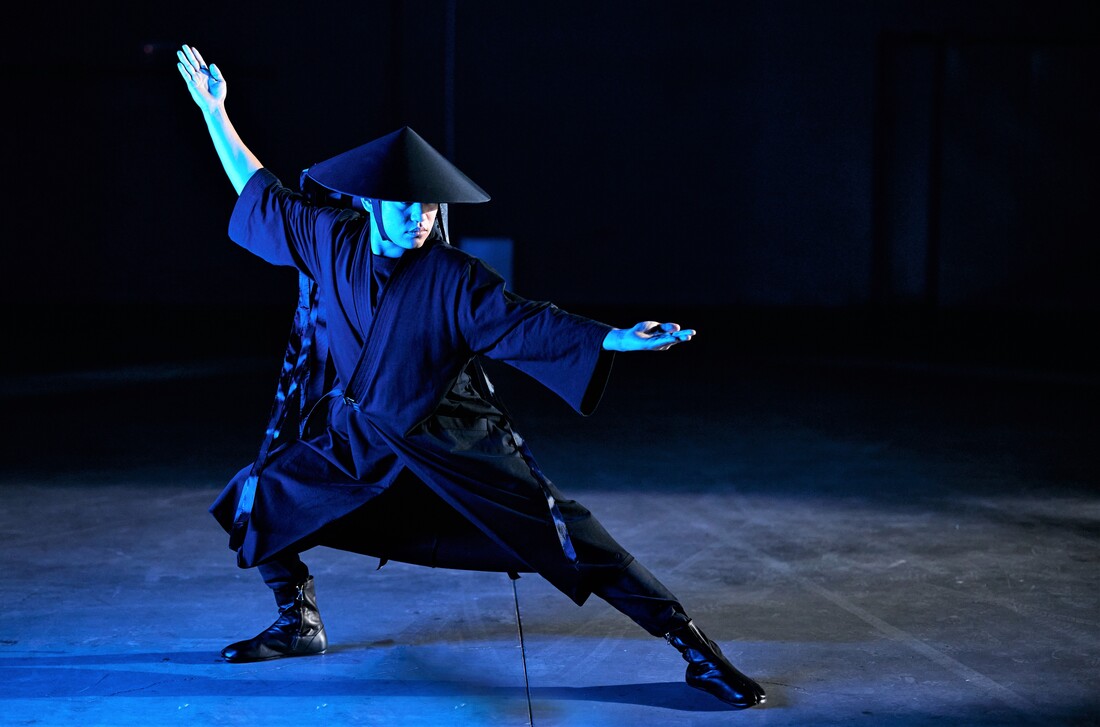
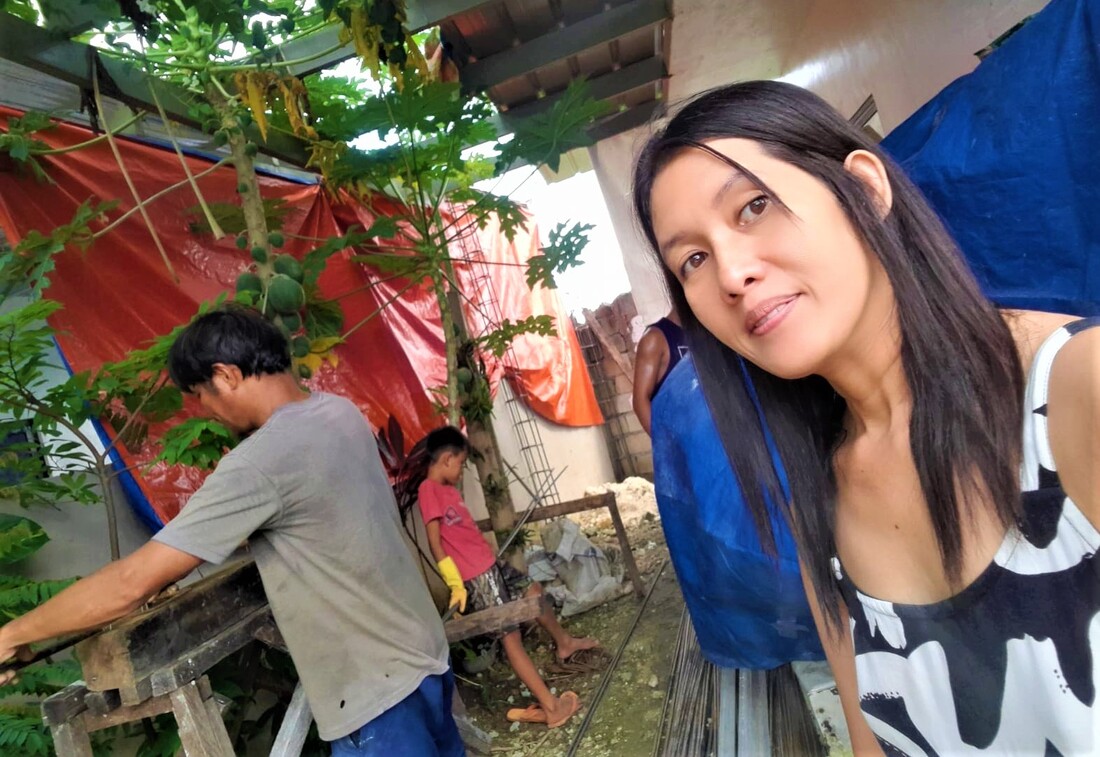

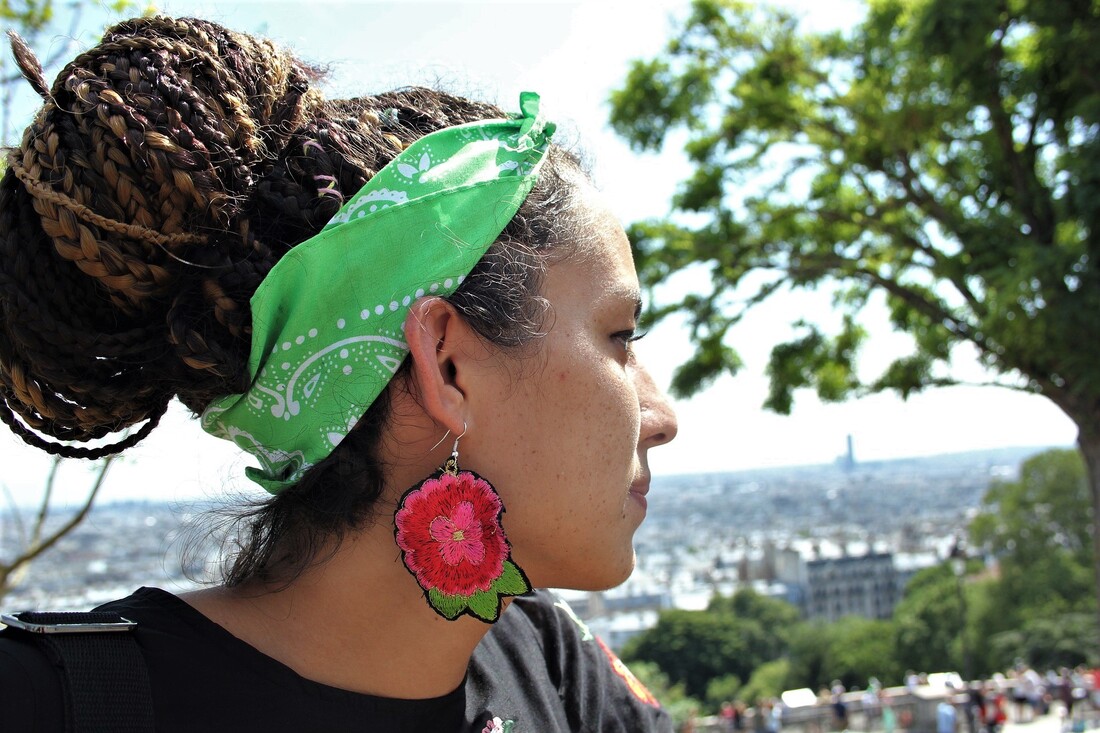
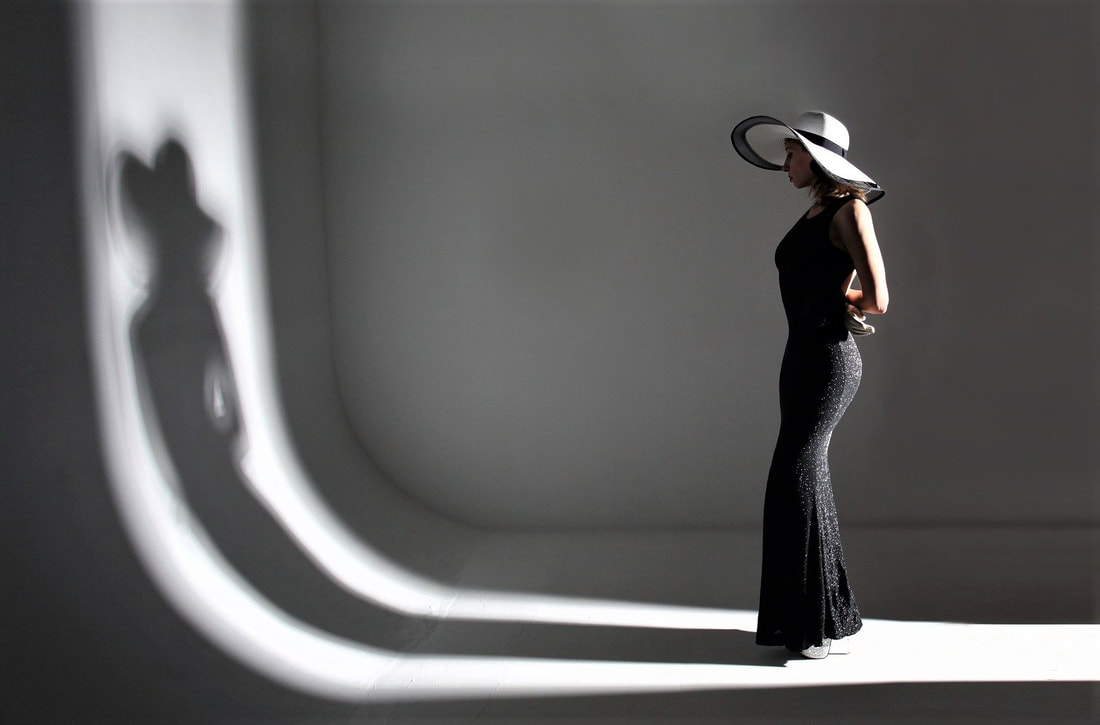
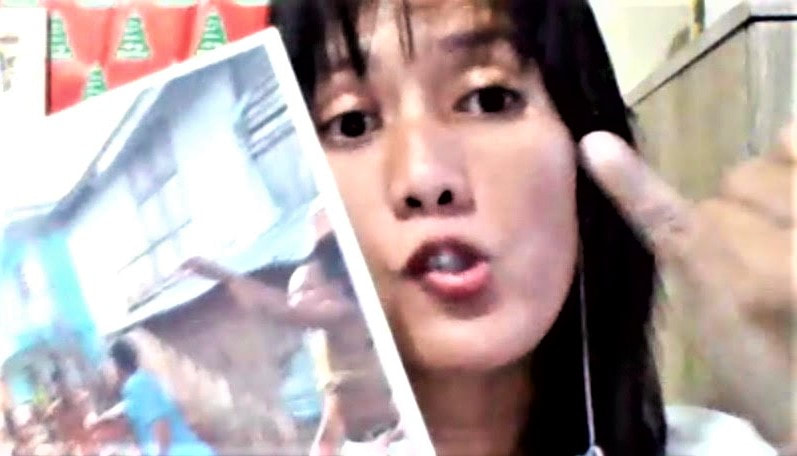
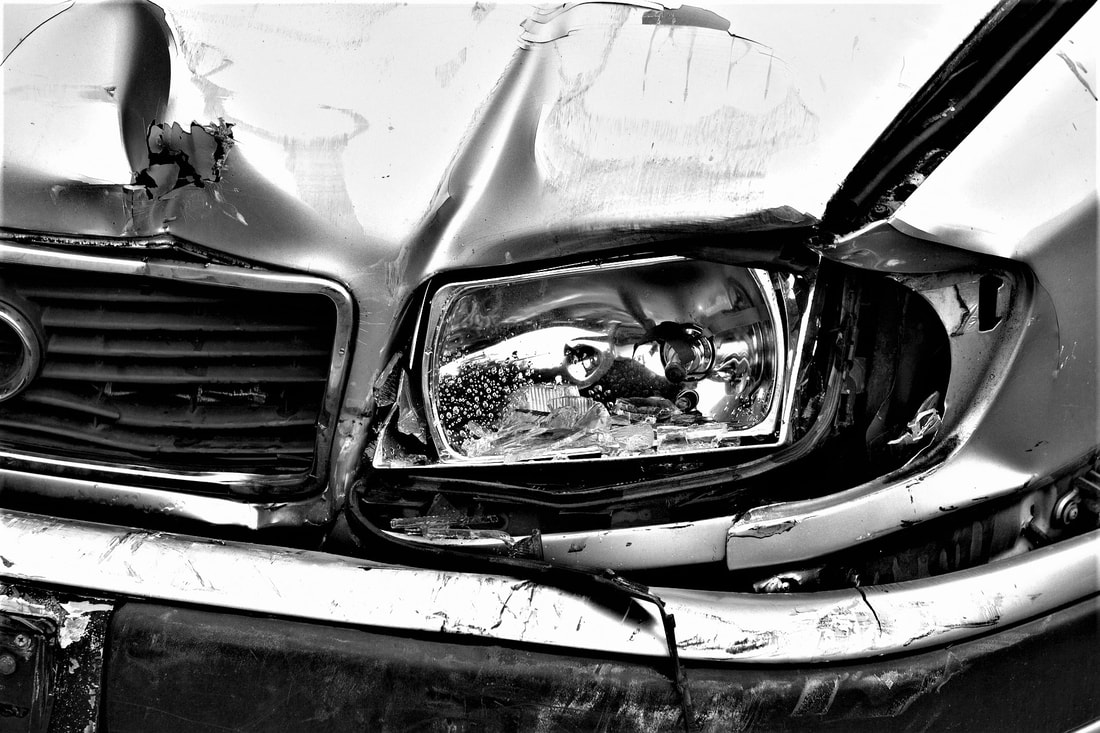



 RSS Feed
RSS Feed